Pokémon: 10 Ways You Forgot Gen 7 Changed The Series Forever
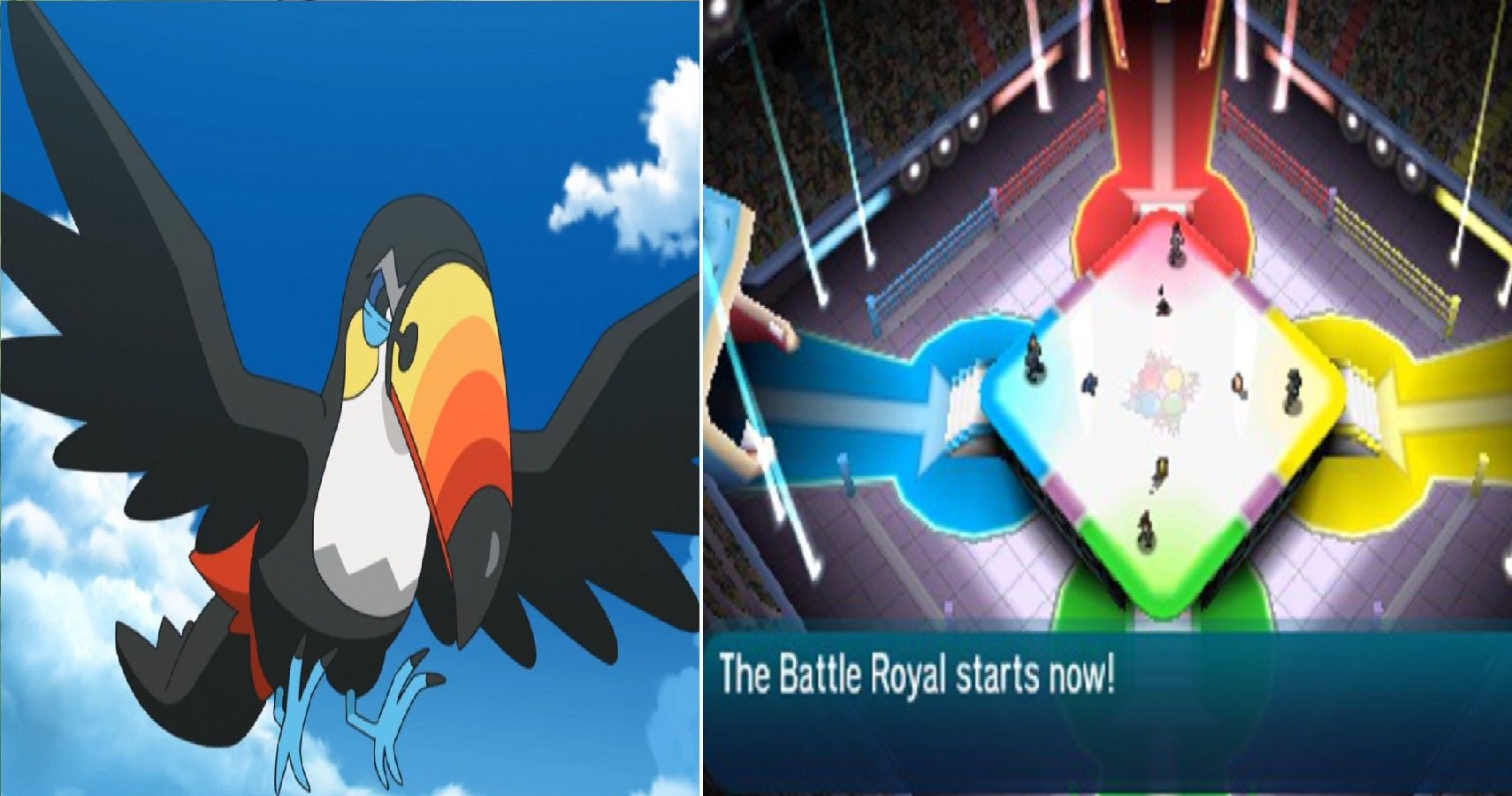
The long-running Pokémon franchise is often accused of playing too safe and resting on its laurels. The original games (which really were a mixed bag, in hindsight) set a precedent that the team, for many, have been loath to really deviate from since.
This isn’t to say, however, that the series hasn’t advanced eight Generations later. Bigger, sweeping changes have had a huge influence on the series and how it’s played (such as the addition of breeding in Pokémon Gold & Silver), while smaller additions and quality of life changes have taken place that some have forgotten ever happened. Here are some of the more subtle tweaks that Generation VII made to Pokémon.
10 Some NPCs Keep Their Team In Special Poké Balls
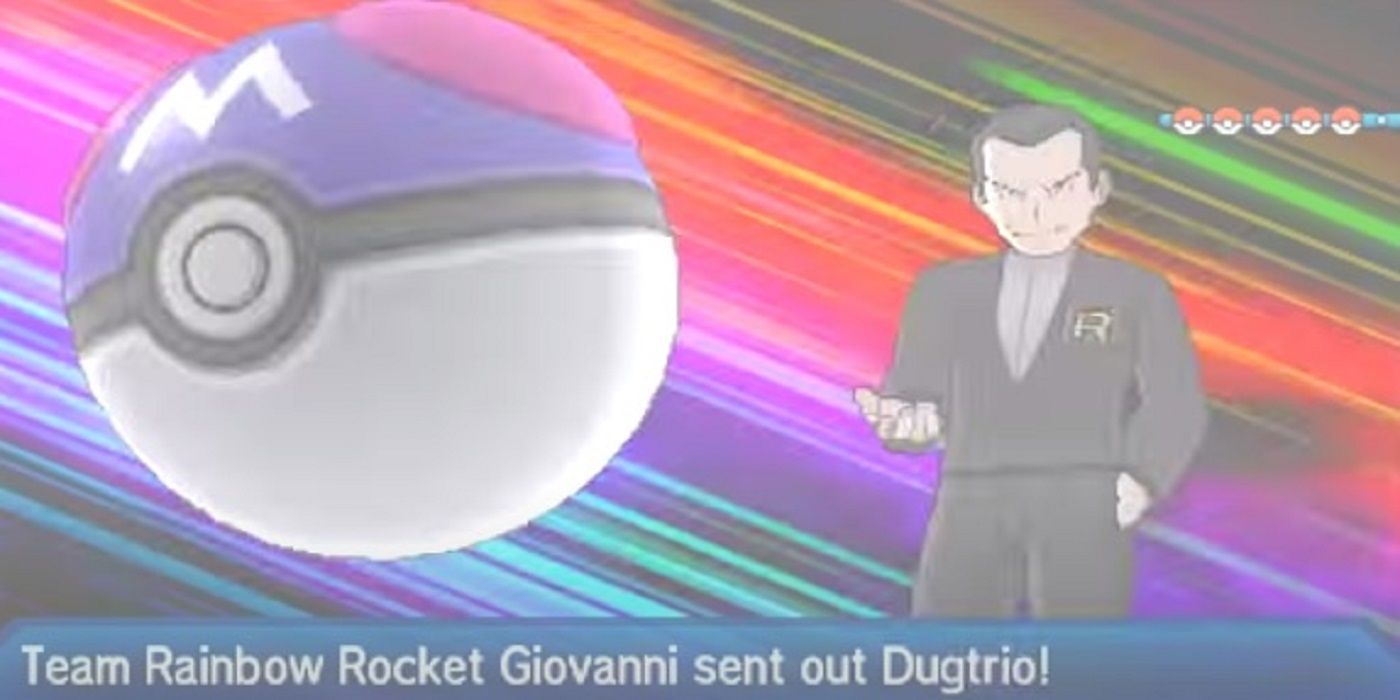
Aside from the critters themselves, there’s nothing more iconic in the Pokémon franchise than the classic Poké Ball. The red and white coloring, the mystery of just how the heck these things actually work… it’s the stuff of series legend.
As fans will know, though, the classic Poké Ball is just one of many varieties, from Great Ball to Ultra Ball and from Moon Ball to Heavy Ball. In Generation VII, certain NPC trainers started to store their Pokémon in balls other than the default one (as demonstrated in battle), which really added a surprising amount to their personalities. Of course notorious big-shot Giovanni (as well as the rest of the team bosses in Pokémon Ultra Sun & Ultra Moon) would want to keep his team in Master Balls.
9 Some Obscure Yet Interesting New Pokémon Were Added To The Mix

With every new generation comes a mixed bag of new Pokémon. Every fans’ taste will differ, of course, but even a team as talented as varied as Game Freak (they’ve made such a wide array of games) couldn’t possibly please everyone.
The Pokémon Sun & Moon generation, perhaps even more so than any before it, added many new Pokémon that went on to be criminally under-appreciated despite their unique qualities. The likes of Toucannon, Bruxish and Oricoro had moves, abilities and stat spreads that made them a heck of a lot of fun to use, but they were rarely seen in battle because of their shortcomings in speed or power. Hopefully, these sorts of Pokémon have encouraged some creativity in team-building.
8 Some Equally Obscure Yet Interesting New Abilities And Moves Were Introduced
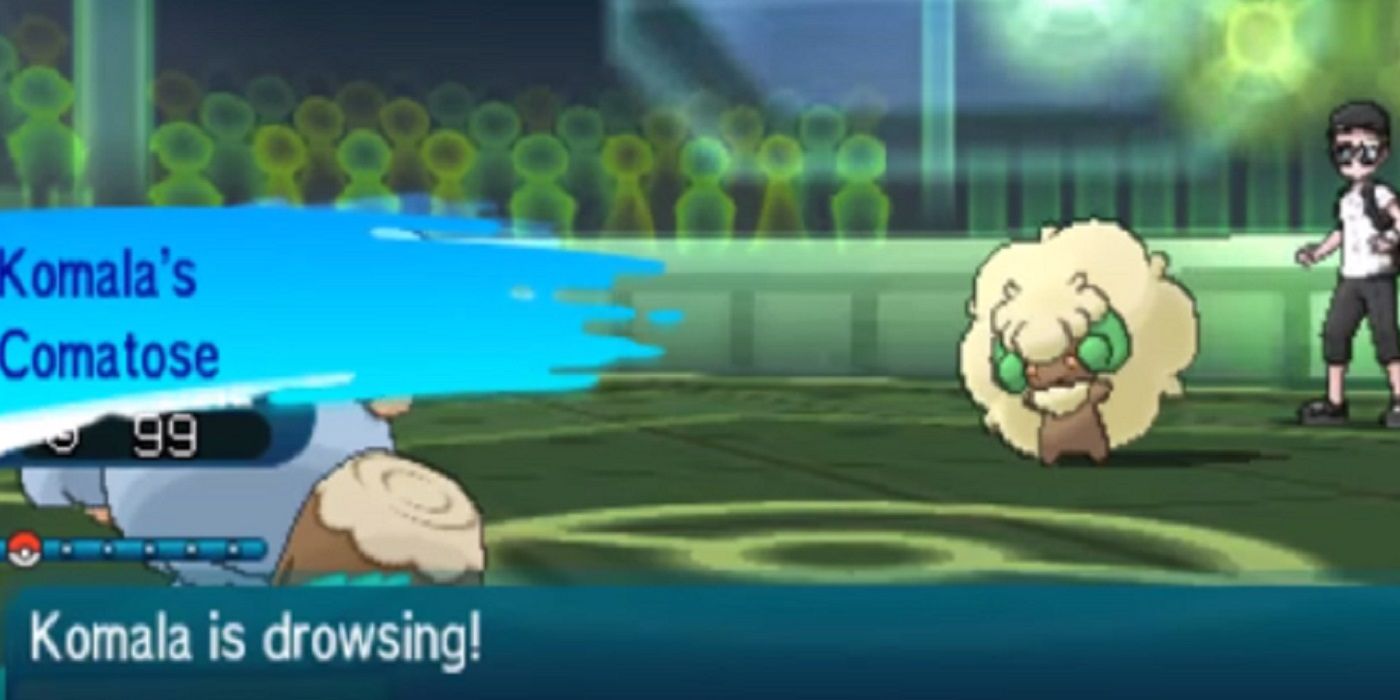
As experienced Pokémon players will remember, Tapu Lele, Tapu Koko, Tapu Fini and Tapu Bulu are the signature Legendary Pokémon of the Alola Region. They were hugely dominant in competitive play last generation (and are sure to be again in Pokémon Sword & Shield, once they’re released there), making terrain a relevant consideration by each setting a different one automatically with their ability.
The Tapus weren’t the only Generation VII Pokémon to sport brand-new abilities or moves. The adorable Komala’s Comatose ability (which essentially made it immune to non-volatile status, because it’s always ‘sleeping’), Alolan Geodude and its evolutions’ Hidden Ability Galvanize (which makes its Normal-type moves Electric), the moves Dragon Hammer and Revelation Dance… these Gen VII additions cemented the fact that anything can become useful and the strangest mechanics can become meta.
7 Removing More Gimmicky Battle Modes Like Sky Battles And Rotation Battles

After over two decades, the turn-based battles that are key to the franchise could have become more than a little samey. The type chart itself has been tweaked several times over the course of the series (though the Ice- and Bug-types really could use a bit of a buff there), which has kept things fresh, as has the addition of several different battle formats.
Pokémon Sun & Moon did away with some of the more experimental concepts, such as Sky Battles and Rotation Battles. By so doing, the team sent out the message that the purer singles and doubles battles fans were more used to would probably be key going forward. As has proven to be the case.
6 Battle Royals Proved There Was Still Room For Fun, Though
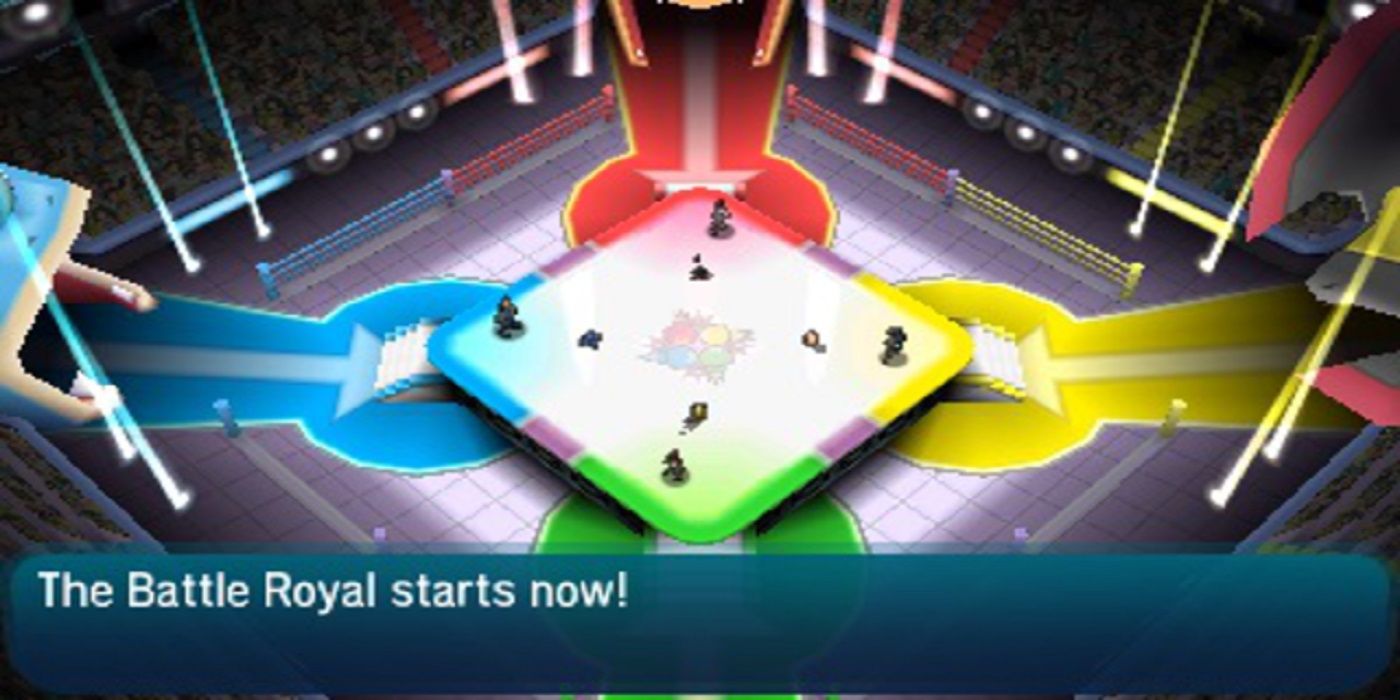
A heightened focus on more serious, competitive battle modes didn’t mean that there wasn’t room for novelty modes as well. This generation also brought us the Masked Royal’s beloved Battle Royal mode, in which four trainers send out four Pokémon at once (one each) and all heck breaks lose.
Many players simply played the mandatory Battle Royal during the story and left it at that, but this mode was a lot of fun to play around with. Whether you’ve entirely forgotten that it existed or not, this battle format proved that Pokémon could still deliver some harmless fun, with the occasional silly format that didn’t detract from the main event.
5 The Pesky Confusion Status Was Nerfed
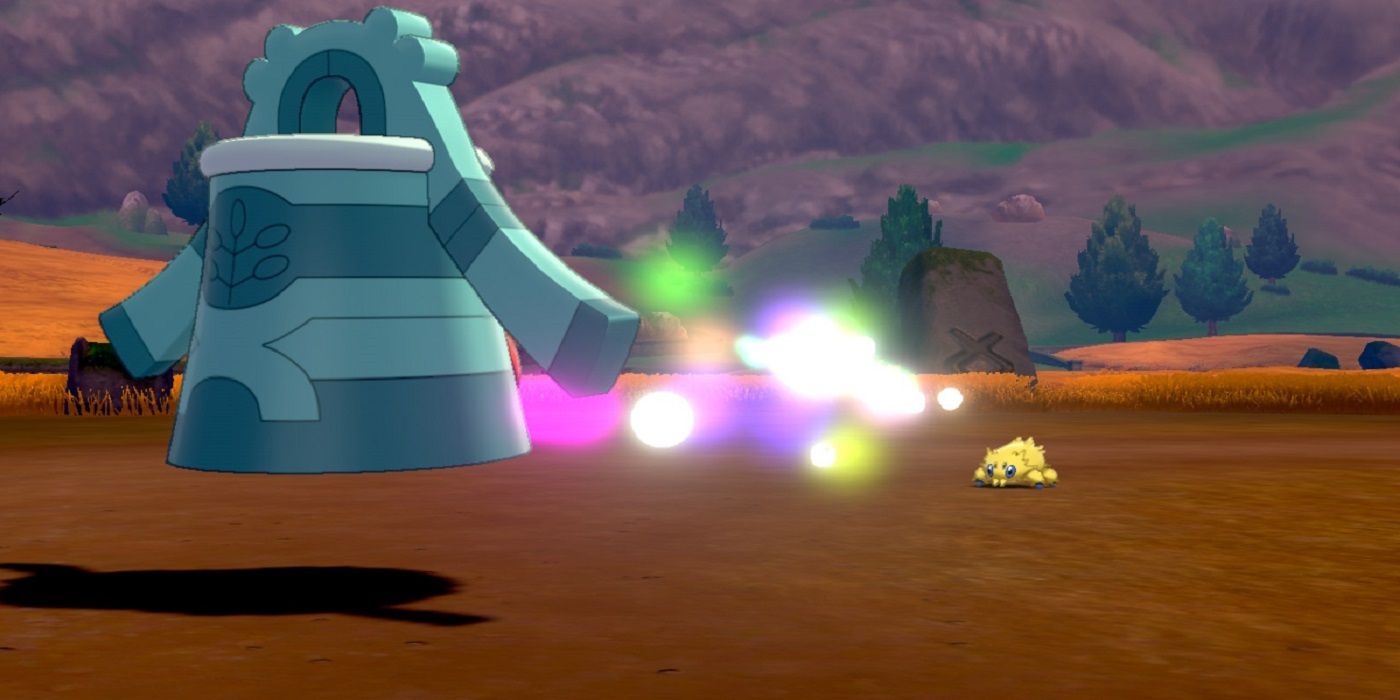
Pokémon battles really can feel like all you can eat RNG buffets. Critical hits, flinches, misses and such demoralize even the most experienced player at times. It’s all part of the Pokémon experience, and has been since day one.
However, Game Freak have been making subtle shifts towards mitigating this element. Critical hits, for instance, now deal 1.5 times damage, rather than double as they did before. Confusion status, which can cause a Pokémon to waste a turn --or more-- by ‘hurting themselves in their confusion’ isn’t as potent as it once was. This originally had a 50% chance of happening, reduced in Generation VII to 33%.
4 The Paralysis Status Was Also Toned Down

A lot of players aren’t aware that Generation VII made these changes to the Confusion mechanics, but things went deeper than that. This Generation actually delivered a one-two punch to the most irritating volatile statuses in the game.
Previously, the Paralysis status reduced the Speed of a Pokémon to one quarter of its original stat, meaning that it would then outspeed nothing outside of a happily-dozing Snorlax. Generation VII, however, cut the potency of the status, only halving an effected Pokémon’s Speed. The chance of being unable to move on a given turn remains 25%. Throw in the fact that the dreaded Thunder Wave had its accuracy cut to 90% and this was a huge step in the right direction too.
3 The Player Is Now Shown The Effectiveness Of Their Pokémon’s Moves Against The Target

As mentioned previously in this rundown, Pokémon’s type chart has become more than a little complicated over the years. It’s much more than just understanding that Grass-type Pokémon don’t want to take super powerful Fire-types moves to the face, and there are bound to be some interactions between types that players forget.
One of Generation VII’s more underrated quality of life changes, then, was this: once a player has battled a given Pokémon once, they’ll be able to see the effectiveness of each of their Pokémon’s moves against it when they encounter it again. This system has made the series much more user-friendly, both for newer players and those who simply haven’t committed to memory every one of the seven types that resist Bug.
2 The Pokémon Boxes Are Now Accessible From The Bag
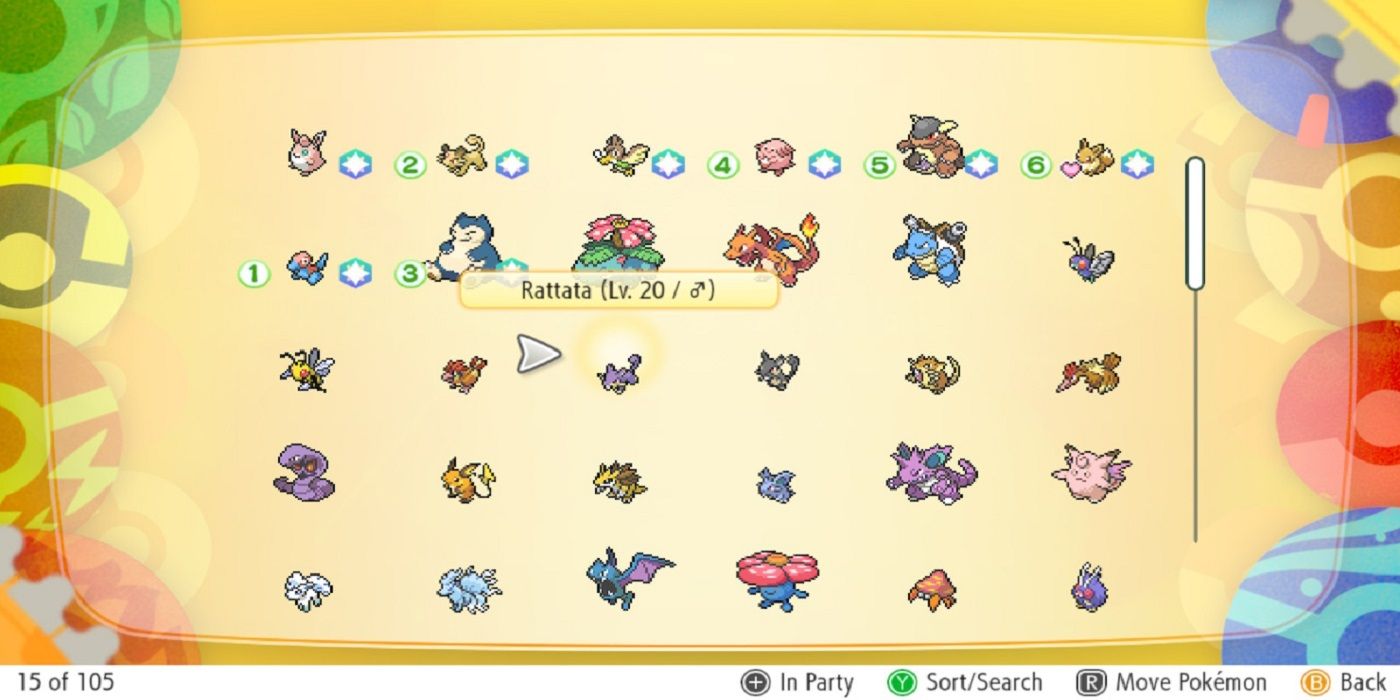
Another fantastic quality of life change from Gen VII that Sword & Shield retained is the ability for the player to tinker with their Pokémon boxes right from the main menu. This feature was added with Pokémon: Let’s Go, proving to be a fantastic help for players who are in the thick of the long grass looking for some of the game’s rarer critters.
Let’s Go made a lot of changes that fans will be well aware of (catering the younger players by simplifying the core gameplay, for instance), but some may not have known that this feature was implemented last generation.
1 Switching Newly-Caught Pokémon Straight Into The Party Is Now Possible
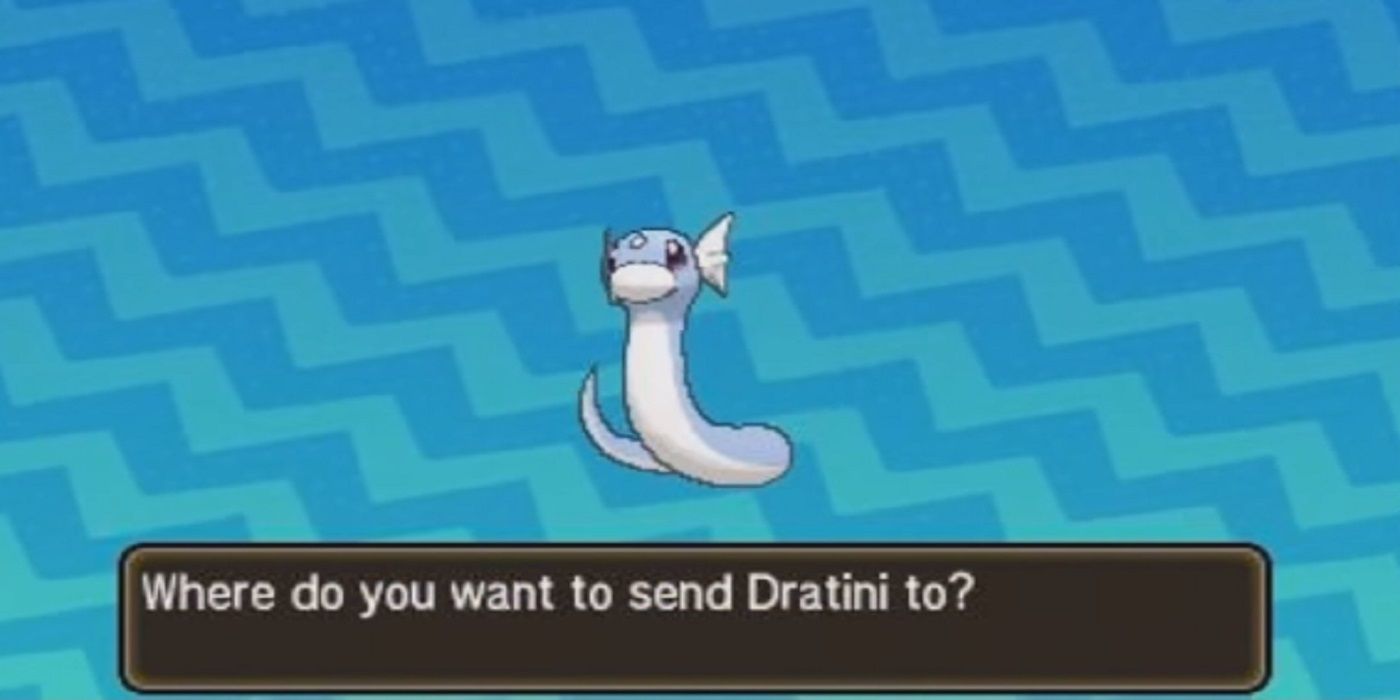
Previously, in certain special cases (such as catching Xerneas/Yveltal in Pokémon X & Y), players would be given the opportunity to switch their new companion into the active team instantly. Otherwise, though, a trip to the nearest Pokémon Center was always needed to do this.
As of Generation VII, though, gamers can switch new members straight into the main party right when they catch them. Another subtle yet significant quality of life change that long-time fans surely appreciate. The games are slowly and steadily becoming less clunky, more player-friendly, which is very encouraging to see.

Post a Comment